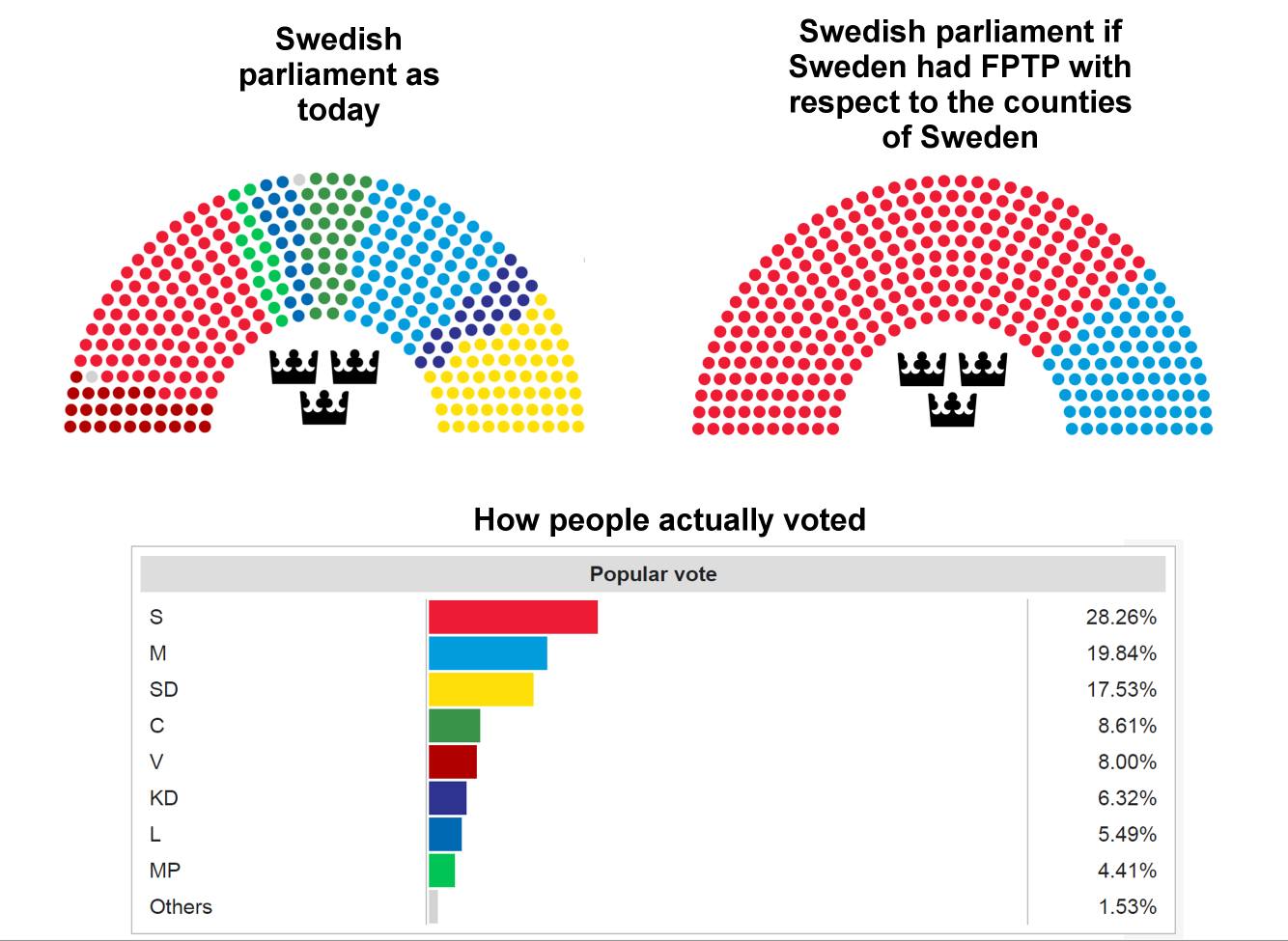Depends on if you're coding for critical infrastructure (i.e. - electrical grid), or writing a high performance video game that can run on older hardware.
We should absolutely have specific licenses like Civil Engineers do for computer infrastructure that is required for any software written for specific purposes. It would be a nightmare to implement, but at some point, it's going to be needed.

